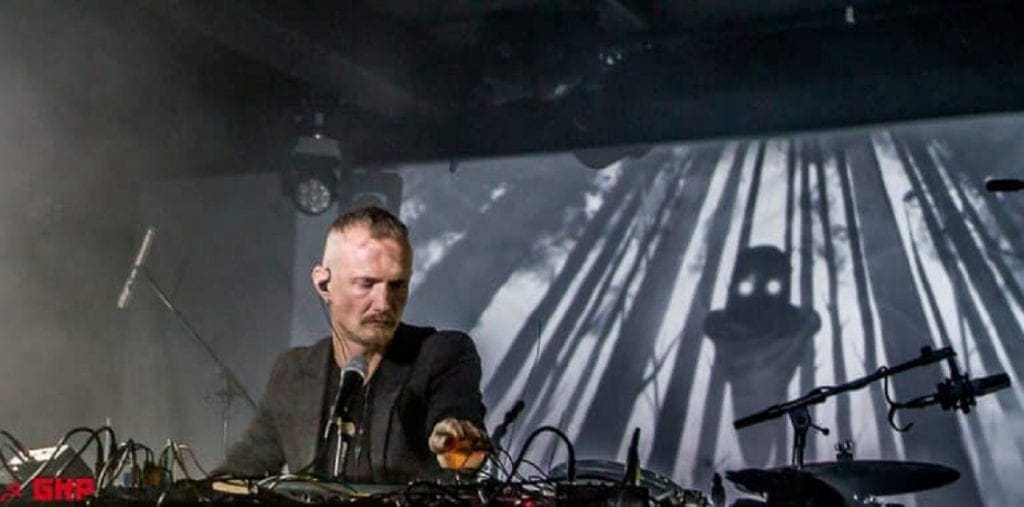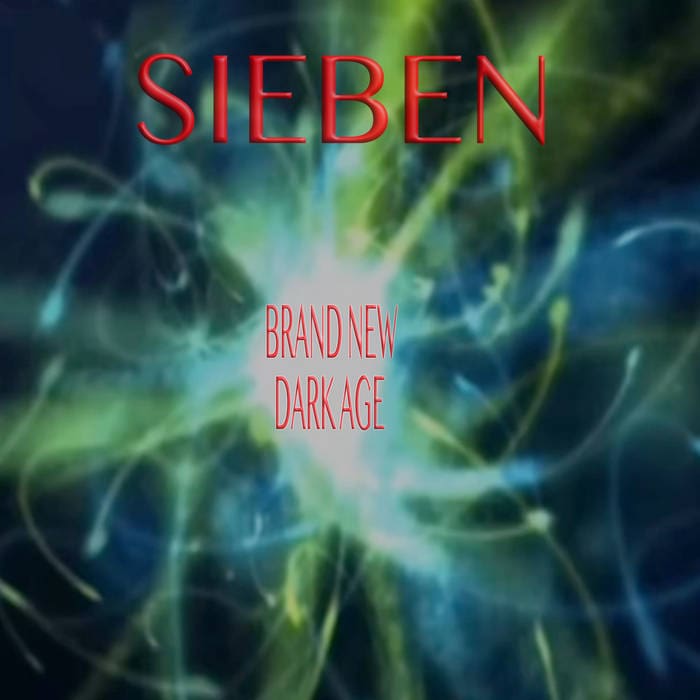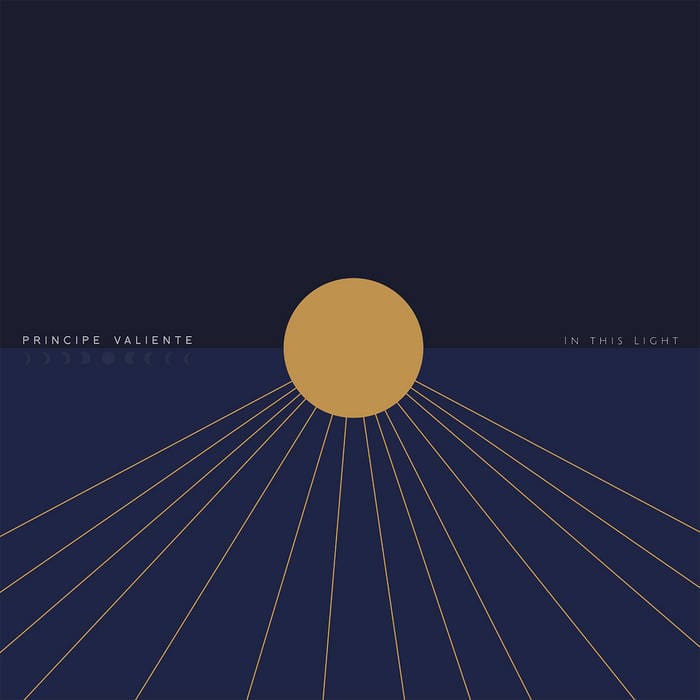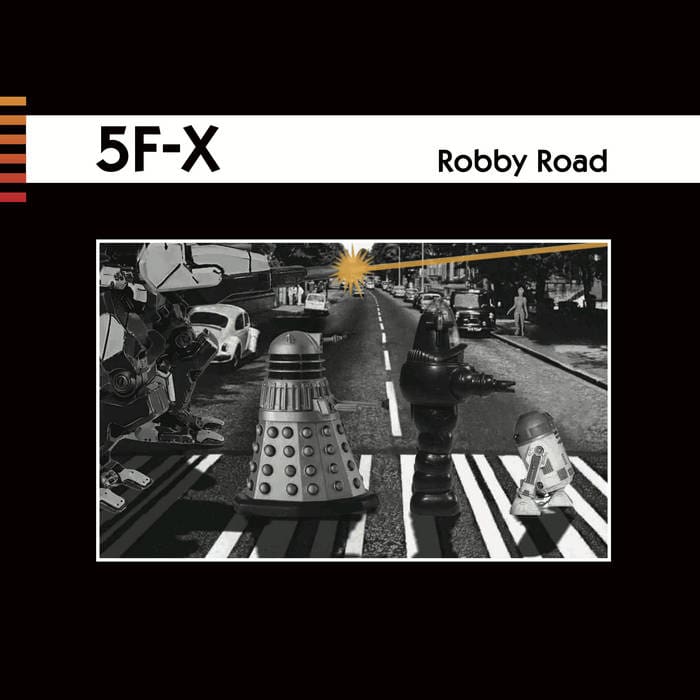‘Click Interview’ with Empusae: ‘I’m Using Empusae As Personal Therapy’

Nicolas Van Meirhaeghe better known as ‘Sal-Ocin’ and involved with his solo-project Empusae for more than 20 years now, released by the end of 2019 his newest album “Iter In Tenebris”. The album is a new conceptual work around four demons, but still the exorcism of personal demons. The Belgian artist probably released his most personal-, but for sure his darkest- and most accomplished album to date. Released by Consouling Sounds, the four tracks bring together elements of dark-ambient, industrial- and epic music with a solid cinematic touch on top. “Iter In Tenebris” is a truly masterpiece, which also became one of the best releases from the past year.
(Courtesy by Inferno Sound Diaries)
Q: “Iter In Tenebris” is not only a dark title for an album, but it probably also is your darkest work to date! Introduced as the continuation of an exorcism, each track seems to deal about a demon. Tell us a bit more about the concept and in, which way this concept has to be understood as a metaphor of personal demons?
Sal-Ocin: I discovered, after finishing my previous album “Lueur” that I’m using Empusae as personal therapy. I think it has always been like that since the start, more than two decades ago, but I only realized it with “Lueur”. I needed to make that album to help me cope with my inevitable coming blindness. And it helped. So yes, “Iter In Tenebris” is in a way the continuation of it, but even more deliberately to confront some of my personal demons. The concept though, is that each demon can be interpreted and linked in a very personal way. The music has its own power to the listener, a musical illustration of inner demons. The inspiration came from deep down the abyss, I decided to give the compositions a certain name, but don’t let the name mislead you; each song has a link to your own demons. It’s up to the listener to find out which one. Hopefully with the same therapeutic effect. So listen at your own risk…
Q: When I saw the title of the album I immediately linked it to your visual handicap, which you’ve been talking about in different posts. What can you say about it right now and how do you see things evolving as the person you are and your artistic creation?
Sal-Ocin: Like I said earlier, my eye disease greatly influences my latest work, but not exclusively. I’ve been diagnosed about 5 years ago, the impact (in my everyday life) gets stronger every year. This year, I had to quit my job as a caretaker due to my handicap, which was extremely painful to decide, with a huge negative impact as result. At the moment I’m still trying to recover from it as well as trying to find a new professional direction. But it’s not easy, as my eye sight continues to degrade, which makes this quest very difficult.
As for my artistic activities, I didn’t gave up concerts so far (with Empusae as well as playing drums with Ordo Rosarius Equilibrio and Triarii). The people I work with are aware of my handicap and are very supportive, which enables me to continue. It’s not easy, but I really don’t want to give this up.
As for my studio work, with some small modifications and adaptations in my home studio, I can still compose nearly the same way as I used to. And I don’t plan ever to stop this, even if I’m completely blind, I’ll always find a way to produce music.
Q: Back to “Iter In Tenebris”, which I also experienced as your most elaborated and accomplished work to date. I always feel something authentic and intimate running through your music, but this album feels like the ‘opus magnum’! Can you tell us the different stages you’d to go through to achieve this work and what kind of work did you finally tried to compose?
Sal-Ocin: Thank you. I really enjoyed working on this album, as it had a different conceptual approach. Each song was inspired by a certain personal demon as starting point.
For the more practical part, I started sampling old 78rpm records from the early 1900’ I inherited from a relative. I used these recording as a starting point for each song by deforming them, manipulating the sound and structures, to be able to invoke the demons. I guess you could see those old records as the medium between the demons and myself.
The rest of the music was composed around those recordings. I used various different techniques and instruments, much less electronics/software compared to the albums I released on HANDS or Ant-Zen. So those old Century-old records combined with my voice (which I started using since “Lueur”) as well as many unorthodox home-made instruments, were a big challenge for me to make it sound like I desired. Luckily I was aided by Marc T. (with who I collaborated on the “Deugden Van Angst En Het Kwaad”), known from his projects Dirge and Dither, who did a wonderful job with mixing and mastering the album, as well as some added guitars on one song.
Q: I get the impression your work is progressively becoming more epic/orchestral in the arrangements, which I think is totally appropriated to the title of this album and the vision of darkness. But how do you perceive your own evolution as musician and possible influences/interactions in your work with all the other projects you’re involved with?
Sal-Ocin: The evolution of Empusae does not happen deliberately, it just happens. It is true that it has become more epic and orchestral. I have more experience, possibilities and resources than 20 years ago to achieve this kind of sound, but is was always on my head nevertheless. I guess projects I was involved in (Ordo Rosarius Equilibrio, Triarii, In Slaughter Natives) within the last decade, probably had an impact on that. Those projects are completely different from my solo-project and except for Ordo Rosarius Equilibrio, I’m only involved for concerts. But since they were my musical idols decades ago, they already influenced me back then, so being close to them now as friends, probably amplified it. Same for my other projects such as Tzolk’in, Onus and collaborations with artist like Marc T., Nick Grey, Lamia Vox, Sieben, etc… all these joint artistic experiences are influential for Empusae.
Q: “Iter In Tenebris” is much more than simply an album! You again collaborated with your partner Christel Morvan who realized a visual work for each of the songs. The visual side of the work is only accessible through an application on your smartphone, which is a kind of premiere in this scene. How did you get this idea and what’s the idea behind? And how did this new collaboration took place?
Sal-Ocin: The idea came from Christel. We’ve been working together for several years now. She has become the visual representation of Empusae. We had the idea of one illustration for each demon, she found a way to put the demons to life trough the technology of Augmented Reality. She worked with the company (EyeJack) which developed this in the past, so this was the perfect occasion to work together again for this project. The concept of amplifying the music with visuals has always been our concern of collaboration (for cover design as well as live visuals/animations) so with “Iter In Tenebris”, she could do both. The only frustration she has was the lack of time. It was hard to develop what she did, combined with her day job and a tight deadline. Her aim was to do something even more elaborated, but of course, time is the enemy. But personally I’m extremely satisfied with the result.
Q: Your latest productions have been released by the Belgian label Consouling Sounds, while before you were signed to Ant-Zen. The German label decided to stop printing CD formats, which simply says something about sales and music industry today. In which way are you affected by this evolution and how do you see things evolving?
Sal-Ocin: I personally never lived the golden age of music industry. My first release came out during the Napster phenomenon, so somehow, I was prepared for the changes until today. Also, it was never my aim to make a living or to make profit (other than reinvest in musical gear and instruments) out of my music. So on a personal, financial level it never really affected me that much. On the other hand, seeing cult labels such as Ant-Zen and so many others being forced to end their physical release era, if a very painful and frustrating thing.
As for Consouling Sounds, I praise myself lucky to be able to work with them. They are very smart, inventive and passionate business people, but most of all, very warm human beings. These two elements make the label more than just an ordinary one; it’s a community of friends, like-minded people with passion for art and quality, mixed with love and solidarity. Not that obvious one might think, considering the very dark nature of the artistic expression represented such as doom, black-metal, dark-ambient, post-rock, etc
Since you’re here …
… we have a small favour to ask. More people are reading Side-Line Magazine than ever but advertising revenues across the media are falling fast. Unlike many news organisations, we haven’t put up a paywall – we want to keep our journalism as open as we can - and we refuse to add annoying advertising. So you can see why we need to ask for your help.
Side-Line’s independent journalism takes a lot of time, money and hard work to produce. But we do it because we want to push the artists we like and who are equally fighting to survive.
If everyone who reads our reporting, who likes it, helps fund it, our future would be much more secure. For as little as 5 US$, you can support Side-Line Magazine – and it only takes a minute. Thank you.
The donations are safely powered by Paypal.










